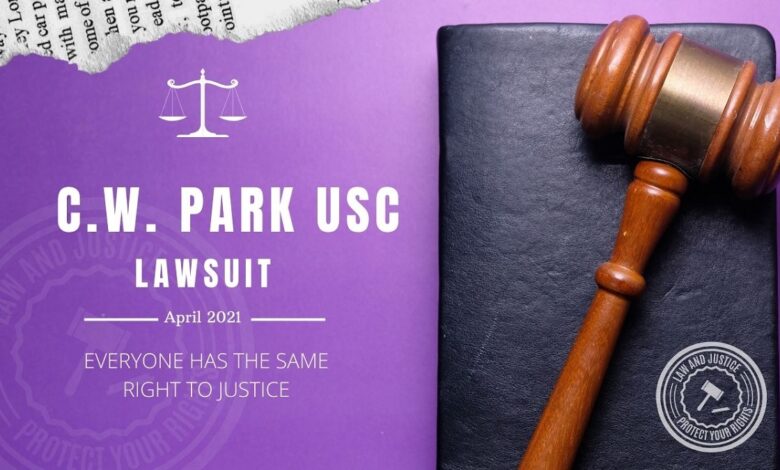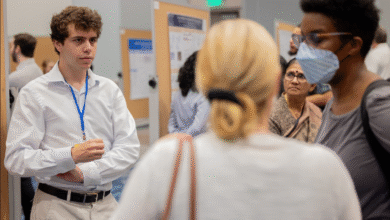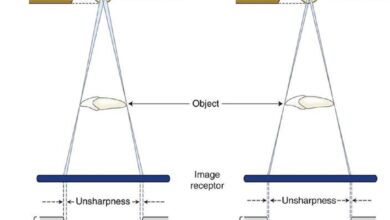What Are the Implications of the C.W. Park USC Lawsuit?

In a world where academia meets litigation, every ripple sends shockwaves through the global intellectual community. Welcome to the unfolding drama of the C.W. Park USC lawsuit, a case that has far more implications than may first meet the eye. This ongoing legal battle not only marks a significant chapter in Park’s career but also raises profound questions about academic ethics and research integrity in our universities today. As we delve into dissecting this complex issue, hold on tight it’s an intricate tapestry of ambition, alleged misconduct, and potential power dynamics at play within one of America’s premier institutions. The repercussions of this suit are expected to reverberate across ivory towers worldwide. So let’s pull back the curtain on what could become a landmark case in higher education law.
Understanding the C.W. Park USC Lawsuit
Let’s delve beneath the surface of the infamous C.W. Park USC Lawsuit, a legal face-off that has shaken ivory towers and holds implications far beyond the campus boundaries. This clash between academic hierarchy and intellectual freedom carries more weight than just C.W. Park’s reputation or USC’s institutional integrity; it brings to question what higher education stands for in our society.
Park, a renowned marketing scholar, found himself at odds with his employer USC, leading to this highly publicized lawsuit. At the heart of it all was whether or not ethical dialogue between universities and their faculties is merely optional or if it’s a foundational pillar of educational excellence upon which institutions should inevitably rely on. To some degree, this case sets precedent on how conflicts relating to ethics can shape future academia-industry relations across other intellectual domains.
Background: C.W. Park’s Role at USC Lawsuit
C.W. Park, an esteemed and influential figure at the USC Marshall School of Business, came into stark limelight recently due to his involvement in a high profile lawsuit against the university. A veteran professor, key member of project steering committees and a respected marketing scholar often featured in various publications highlighting deep insights on consumer behavior. His role at USC seemed immune to scrutiny until this incident unveiled new perspectives upon his standing.
The intriguing twist about Prof. Park’s implication is tied to his dual role as an educator and part of the very bone marrow of USC’s executive structure; thus raising several questions on internal governance, academic fairness and transparency. As we delve further into this instance that has captivated academia and beyond, each detail revealed presents an uncanny puzzle that can not only influence future proceedings for Prof. Park but also shape the broader canvas of how justice plays out within esteemed educational landscapes.
Detailed Overview: The Allegations Against C.W. Park USC Lawsuit
The C.W Park USC lawsuit undoubtedly posits itself as a multifaceted controversy, touching upon the ethical, academic and legal landscape of higher education. At the heart of this scandal is Chong-Woo (C.W.) Park, a distinguished marketing scholar who has served as director of USC’s Global Branding Center since 2008. The allegations against him are grave; egregious breaches in academics that tarnish his respectable image.
Underlying these allegations is the accusation that Park has knowingly plagiarized fellow academics’ research to further his own editorial prospects. This extends beyond mere professional dishonesty because pawning off another person’s intellectual property not only degrades scholarly integrity but also involuntarily places unsuspecting individuals under an umbrella of dishonor and scandal. Add to this claims that he favored international students who made large donations an allegation that further fuels divisive debates about merit vs wealth in college admissions you have a recipe for an intricate saga fraught with educational malpractice and ethical impropriety.
Impact on USC’s Reputation and Community:
The unfolding scandal surrounding the C.W Park USC lawsuit has not only tarnished the reputation of one of America’s most prestigious institutions but also shaken its closely-knit community to its core. The shockwaves have nudged alumni, students, and stakeholders to question their association with an educational institution that houses personal misconduct at the helm.
Moreover, this incident paradoxically presents an opportunity for positive reform as well. It ignites a collective quest towards creating a safer, more inclusive institute where faculty and staff are held accountable for their actions. With national attention now turned towards it, the Trojan community must seize this moment for introspection and radical transformation shaping a future that truly mirrors USC’s proclaimed values of integrity, excellence and accountability.
Broader Implications for Higher Education Institutions:
The C.W Park USC lawsuit reverberates beyond individual reputations and reaches into the heart of higher education institutions globally. It throws a spotlight on internal governance, ethics, and integrity systems that are supposed to ensure fairness and equality in academia. Quite clearly, a broader implication of this legal fray is an urgent need for colleges and universities worldwide to re-evaluate their current mechanisms in place against possible violations.
Such lawsuits also compel us to rethink our perceptions of academic prestige. More than ever, it becomes critical for these esteemed institutions to lean into transparency while continuing on their path of creating knowledge leaders. As they remain pivotal change agents shaping society’s progress, it is imperative that their processes reflect the ideals they stand for – integrity, fairness and unwavering commitment towards cultivating intellectual growth.
Conclusion:
As we approach the conclusion of this saga and reflect on the C.W. Park USC lawsuit, let’s consider the potential ripple effects it might have on academia as a whole. This event serves as a robust reminder of the critical need for honesty, transparency, and integrity in academic environments. Educational institutions are not immune to legal issues or unethical practices; they hold crucial responsibilities towards ensuring fairness and credibility in their operations. The aim would be to validate ethical compliance at various levels of institutional operation research included thereby preventing similar incidents from ever happening again.




